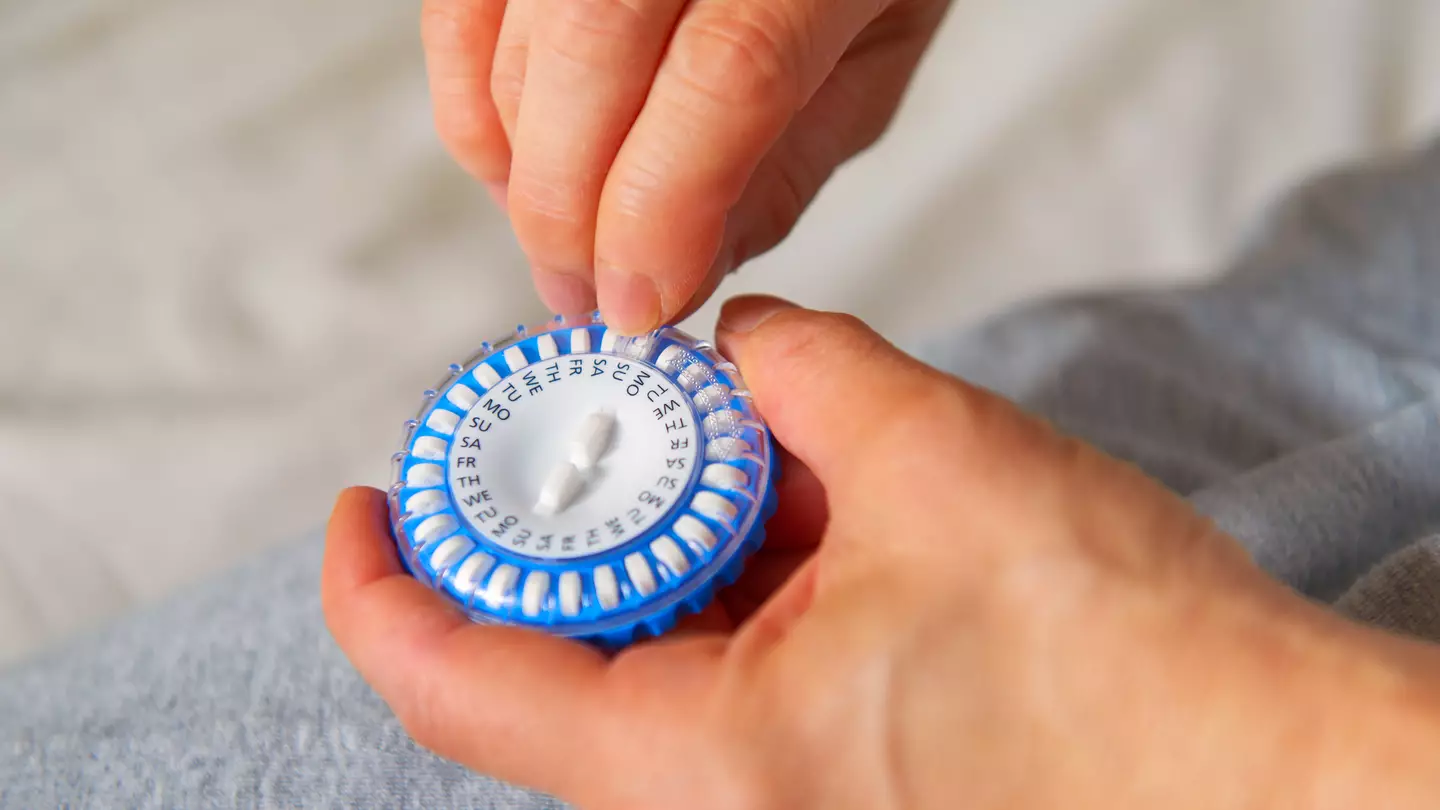A warning has been issued to women currently taking Hormone Replacement Therapy (HRT) to tackle the frustrating symptoms of menopause.
According to several doctors, the common treatment has been linked to an increased risk of being diagnosed with certain strains of cancer.
For those in need of a reminder, HRT is a medication available on the NHS (in the UK) that aims to alleviate several side effects of going through menopause - which is the period of a woman's life when her menstrual cycle slowly comes to an end.
This phase, which usually occurs between the ages of 45 and 55 but could be earlier or later, sees women experiencing symptoms like hot flushes, night sweats, issues with sleep, a lack of libido, and vaginal dryness.
Advert

HRT aims to ease these side effects by replacing declining hormone levels, like oestrogen and progesterone, by using synthetic ones, and the medication is available in numerous different forms, including tablets, patches, gels, and implants.
Research supposedly suggests, however, that the therapy is associated with an increased risk of developing breast, womb and ovarian cancer - though the risk is only minimal.
According to the British Heart Foundation, HRT tablets, in particular, can also slightly increase the risk of blood clots or a stroke.
The National Institute of Health and Care Excellence has since set up a 'discussion aid' to open the conversation between patients and their GPs.
That being said, however, representatives from NICE are emphasising that the warning shouldn't be used as a means of spreading misinformation and that HRT should still be prescribed to women to request it.
"While there are some increased risks associated with HRT, it is unlikely to decrease overall life expectancy," a new statement reads (via The Sun).

Touching on the new 'discussion aids', Chief Medical Officer, Professor Jonathan Benger, said: "We don't routinely produce patient decision support tools but have on this occasion because of the complexity and because of the risks. What we've tried to do is show in a way that will be readily understood what the risks of key conditions are with and without HRT.
"Being able to have an informed conversation is very important."
Experts at Cancer Research UK agree that information on the risk of a cancer diagnosis for HRT-takers should not be blown out of proportion and that the risk being described is only slight.
The charity also emphasises that when treatment is stopped, the increased risk decreases once again in cases of both breast and ovarian cancer.
That being said, however, GP Dr Philippa Kaye believes patients should still be informed of said risk.
"Many women have feared HRT due to studies earlier this decade that seemed to show it increased the risk of heart attacks, breast cancer and stroke," she'd previously told The Sun.

"However, the women in these studies used an older version of oral HRT that we don't use now, and they started HRT aged 63 years, on average. This is more than a decade after the average age of menopause."
Dr Kaye said: "Research since then has shown that starting HRT within the first ten years doesn't seem to have the same risks.
"So let's be clear: For the majority of women who can take HRT, starting within the first decade after menopause, is safe.
"The change in risk of a stroke or heart attack depends on how and when you start taking HRT."
She added: "There is a small increased risk of breast cancer with HRT, but this is approximately the same rise as that related to smoking and drinking alcohol, and you can decrease your risk by trying to maintain a healthy weight and exercising regularly."
